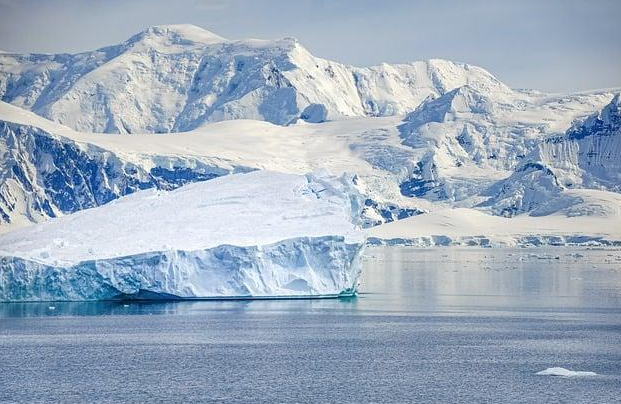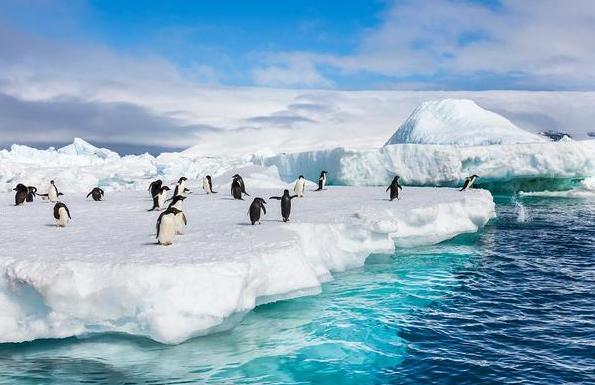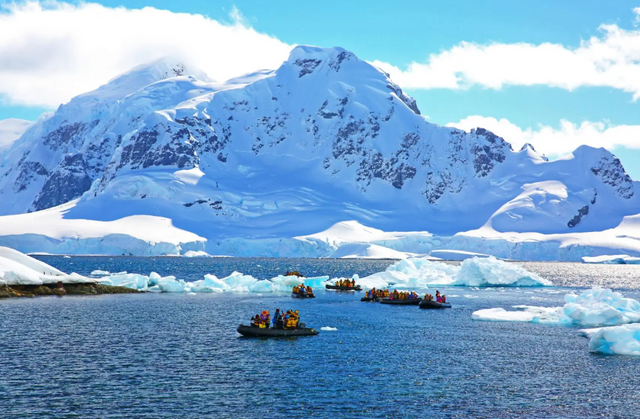Why do we see so many flights crossing the Arctic, but never hear about a route crossing Antarctica? At the Earth's poles, why is only the Arctic opened up for commercial flights, while Antarctica remains a mysterious no-fly zone? Imagine flying from New Zealand to South Africa; theoretically, a direct route over Antarctica would be the shortest, but why do actual flight paths choose to circumnavigate it? Some say it's because there are no countries surrounding Antarctica, making it a detour to cross it. But the truth is far more complex.
Firstly, the flying conditions over Antarctica are indeed harsh. Storms are frequent, and the unpredictable climate poses significant threats to flight safety. But more importantly, the airspace over Antarctica is strictly militarily controlled.

You might ask, since Antarctica doesn't belong to any country, why is there military control? This is because Antarctica is one of the most fragile and valuable international public assets on Earth. To protect this pristine land and prevent any potential damage or pollution, the international community has established strict restrictions, prohibiting any unauthorized flight activities.
At the same time, satellite monitoring, GPS systems, iceberg observations, meteorological forecasts, and other technologies in Antarctica allow for precise monitoring of visitors. These technological means are not only used for scientific research and exploration but also to ensure the maximum protection of Antarctica's ecological environment.

So why can commercial flight routes be established over the Arctic but not Antarctica?
Firstly, there are significant differences in geographical and climatic conditions between the Arctic and Antarctica. While the Arctic is cold, its climate is more stable compared to Antarctica, with lower storm frequencies and intensities. This makes the Arctic more suitable for flights.
Secondly, the Arctic region is rich in oil, gas, and fisheries resources, attracting the attention of many countries. To develop these resources, countries have invested heavily in opening up Arctic routes, promoting economic development in the region.
In contrast, Antarctica is different. Apart from scientific research and exploration activities, it has almost no other economic value. Therefore, countries tend to be more cautious towards Antarctica, leaning towards protection rather than development.
Some may wonder, since Antarctica is a no-fly zone, can't I just buy a plane and fly through it myself without anyone bothering me? This kind of thinking is extremely dangerous. Antarctica's airspace is under strict military control, and any unauthorized flight activity may be seen as a violation of another country's airspace, leading to serious international disputes. Furthermore, Antarctica's harsh environment could pose significant threats to flight safety.

Antarctica, the last pristine land on Earth, needs our collective protection. Although it is full of mystery and unknowns, we should also respect its natural laws, abide by international regulations, and refrain from disrupting its ecological balance.